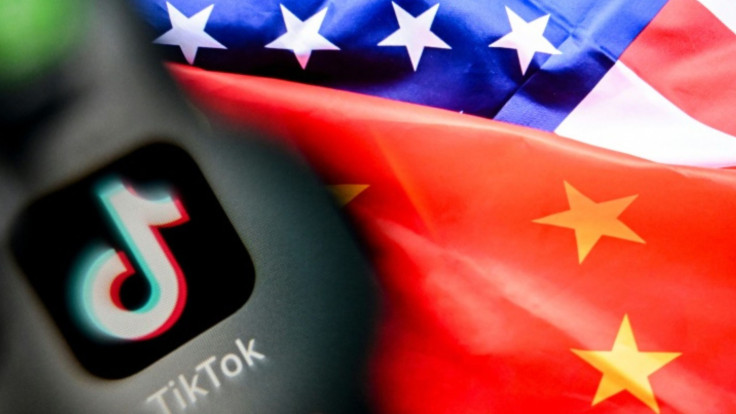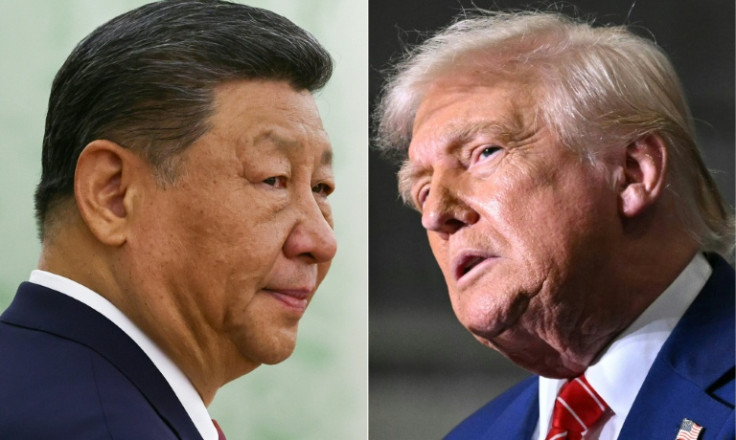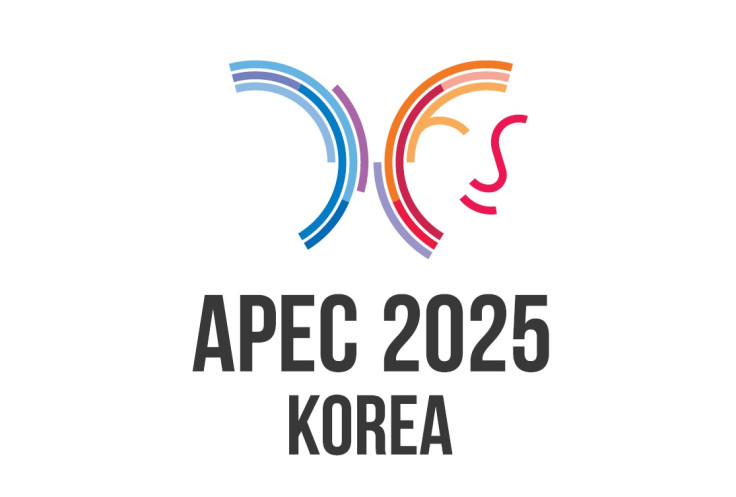The China Gambit: Trump and Xi Signal Progress on Trade and TikTok After 'Productive' Call
A 'productive' phone call between President Trump and Xi Jinping signals a new era in US-China relations.

In what Donald Trump described as a 'very productive' phone call with Chinese President Xi Jinping, the US and China appear to have taken cautious steps toward resolving major trade and technology impasses.
Trump wrote on Truth Social on Friday, 19 September, that he and Xi discussed trade, fentanyl, the war in Ukraine and approved what he described as a TikTok deal. Analysts, however, noted that Beijing has not confirmed those details, leaving key aspects of the agreement uncertain, Reuters reported.
What Is Known and What Is Not
The report said the US and China had earlier reached a framework agreement to shift TikTok's US operations into the hands of a US-controlled entity. Trump claims this was confirmed during the call.
Chinese officials, however, have only reiterated that negotiations will continue under market rules and in line with Chinese law. The Chinese foreign ministry did not confirm a deal outright.
When announcing the outcomes of the phone call, Trump said China would increase purchases of US agricultural goods and that there would be a reversal of some tariffs.
So far these promises are not backed by any formal published treaty or joint agreement. Observers say the statements from the US are more detailed than those from China.
TikTok: Tentative Agreement or Hype?
The issue of TikTok has become central to this diplomatic moment. Trump says there is an approved deal to save TikTok from a ban by having a US-based consortium, potentially including firms like Oracle, take control of its US operations while ByteDance retains ownership of the source code.
But there is no clear confirmation from Chinese or ByteDance officials that this plan is final. China's statement emphasised that companies should follow 'market rules' and that any resolution must comply with its own laws.
Analysts warn that key questions remain, especially around control of the algorithm, liability for user data, and the timeline for implementation. Some say this deal may still be more framework than final contract.

Diplomatic Stakes and Trade War Context
Trump's administration has been under pressure to deliver results in its trade war with China. The call is seen by diplomats and investors as an attempt to de-risk supply chains, protect national security especially in tech areas, and ease global market anxieties. Economies on both sides have been strained by tariffs, export controls and escalating trade restrictions.
For China, the possibility of preserving part of its stake in TikTok operations while allowing a US path forward offers a face-saving outcome. It may help Beijing reassure domestic audiences that sovereignty and legal authority are respected even while engaging in compromise.
Caution from Experts
Despite the optimism, experts express caution. Scott Kennedy of the Center for Strategic and International Studies notes that no definitive deal has yet been confirmed by both sides. He argues that China may be using the momentum to delay or shape terms more favourable to its own interests.
Others, like Ali Wyne of the International Crisis Group, suggest that while talking is a positive step, much of the progress is symbolic. The real tests will come in how and when the US and China implement the framework, especially in areas like intellectual property, algorithm oversight and export controls.
What Next?
Trump has confirmed he will attend the Asia-Pacific Economic Cooperation (APEC) summit in South Korea in late October, where he may meet Xi in person. China has similarly signalled willingness to engage further. Many believe this summit may provide a chance to formalise parts of the agreement.
For now, despite Trump's claims of progress, much remains unverified. The TikTok deal in particular appears to be a work in progress rather than a completed deal. Global markets seem relieved by the thaw in rhetoric, but investors and analysts alike are watching closely. In diplomacy as in business, negotiated agreements need as much weight in implementation as they do in announcement.
Originally published on IBTimes UK






















